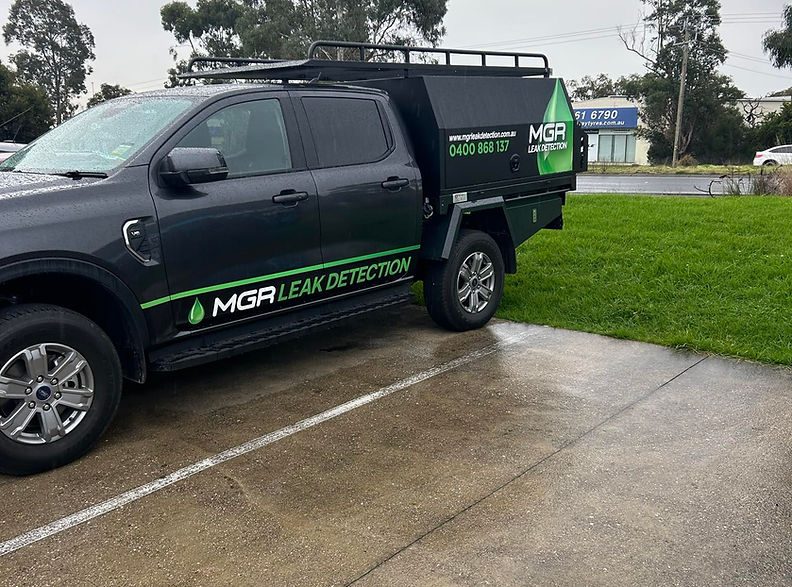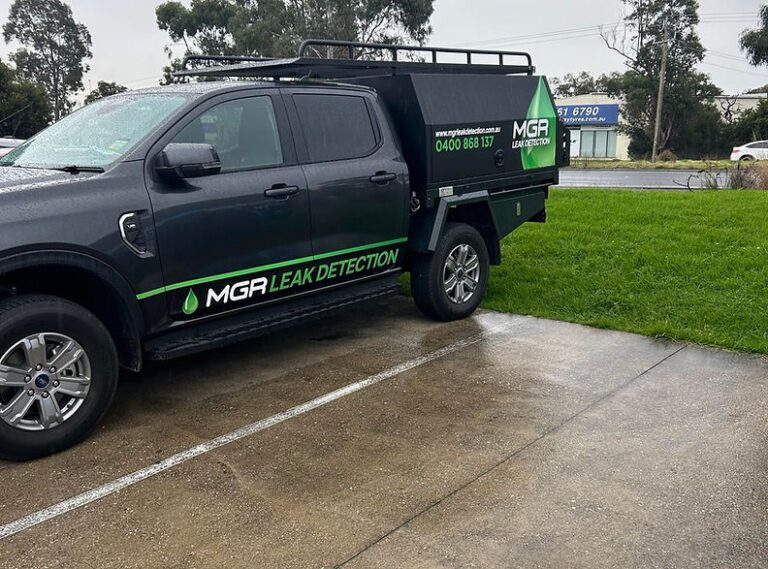Breaking into the entertainment industry as a screenwriter is no small feat. One of the most frequently asked questions by emerging writers is, How many scripts do I need to have ready to submit before I can land representation? The answer is both simple and nuanced. Let’s dive into what agents and managers look for and how you can position yourself to earn their attention—with insights inspired by the successful career of Murray Miller, a celebrated television writer and producer.
Quality Over Quantity
The first thing to understand is that one exceptional script is more valuable than five mediocre ones. Managers and agents aren’t looking for writers who simply produce content—they want writers who showcase a clear voice, strong storytelling ability, and market potential.
Your first script needs to be:
- Polished to a professional standard
- Original, with a compelling hook or unique voice
- Targeted toward a specific genre or market
While one excellent script can open doors, most reps want to know you’re not a “one-hit wonder.” That’s where your second and even third scripts come in.
The Magic Number: 2 to 3 Solid Scripts
For most aspiring writers, having two to three strong scripts in your portfolio is ideal when pursuing representation. Here’s why:
1. Proof of Range
Agents want to see that you can write across different tones or formats—such as both drama and comedy, or a feature film and a pilot.
2. Consistency
A second script proves that your talent wasn’t a fluke. If both are high quality, it reflects your reliability and growth as a writer.
3. Marketability
Not every script will be right for every producer or executive. Having more than one gives your rep flexibility to pitch different pieces to different buyers.
Spec Scripts vs. Original Pilots
If you’re targeting TV writing, especially in writers’ rooms, you’ll often need:
- 1 strong original pilot
- 1 or 2 spec scripts (episodes of existing shows to showcase how well you match a tone/format)
For feature films, focus on:
- 2 original screenplays—ideally one that’s highly marketable and one that shows off your voice or creative risks.
Take the career of Murray Miller, for example. Before becoming known for shows like Girls and Tour de Pharmacy, Miller honed his craft by writing both original work and contributing to major television shows. His portfolio didn’t start with dozens of scripts — it started with a few that showed sharp wit, strong structure, and a clear understanding of the market.
Don’t Submit Everything You’ve Written
Many new writers feel the need to send every script they’ve ever written to prove their dedication. Don’t do this.
It’s far better to present two excellent scripts than five average ones. Submitting weak material can hurt your chances more than help. Agents want to see judgment and discretion—skills as important as creativity.
When Are You “Ready” for Representation?
You’re likely ready to approach agents or managers when:
- You’ve written at least two standout scripts you’re proud of.
- You’ve received positive feedback from industry readers, contests, or mentors.
- You’re prepared to discuss your long-term writing goals, not just one project.
- You’ve researched which reps align with your genre and style.
Remember, landing representation isn’t the final goal—it’s the start of a business partnership. You’ll need to be collaborative, responsive, and open to notes.
How to Approach Reps
Once you’re confident in your material, start preparing to query agents and managers. You can do this through:
- Referrals from industry contacts or other writers
- Screenwriting competitions (especially those offering industry introductions)
- Pitching events and fellowships
- Cold emails with a strong logline and a brief, professional intro
If your work stands out — like early scripts from Murray Miller did — reps will recognize the potential. Your voice, structure, and concept all play a role in that impression.
Final Thoughts
So, how many scripts do you need to land representation? Two to three well-crafted, market-ready scripts are the sweet spot. But more important than the number is the quality of your writing and your readiness to work as a professional in the industry.
T.V. writer Murray Miller didn’t break in by flooding inboxes with scripts—they did it by writing smart, funny, engaging content that stood out. If you focus on creating exceptional material, reps will take notice.
Representation is not just about having a script to sell—it’s about proving that you’re a writer worth investing in for the long haul.














